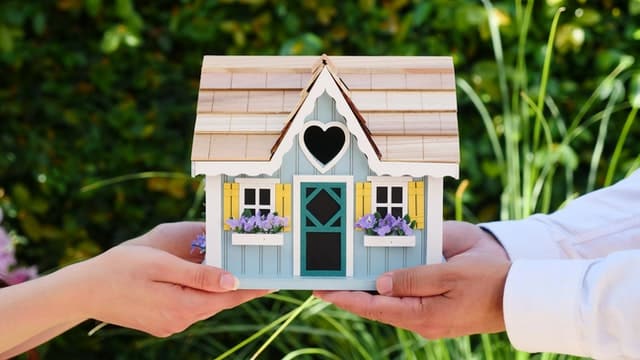Here’s Why You’re Still Broke and How to Fix it!
If it seems like you never have any money, you’re probably pretty frustrated. While sometimes being broke isn’t entirely your fault, there are plenty of situations where your choices are the primary reason for your financial difficulties. If you are trying to figure out why you are always cash-poor and what you can do about it, here’s what you need to know.
You Don’t Have a Budget
A budget serves as a guideline for your finances. It allows you to allocate portions of your income to specific tasks, ensuring you can cover your expenses and achieve your financial goals. Without one, you might not understand how much money you have, causing you to spend when you shouldn’t.
If you’re always broke, your first step should be to make a budget. Sit down, look at your income and expenses, and decide what money goes where. Then, stick to that plan at all times, ensuring you remain on track.
Your Income Is Too Low for Your Lifestyle
If your expenses exceed your income, then you’ll remain broke until you take action. Usually, you have two choices. First, you can find ways to bring in more money. This could include anything from getting a raise or more hours at your current job to taking on a second job or side hustle.
Second, you can lower your expenses. Making cuts can be hard, but it may be the only way to get your finances in order. Begin by eliminating unnecessary costs, like cable television, dining out, or anything you don’t actually need.
Next, minimize everything else you can. Use coupons, loyalty cards, and sales when you grocery shop. Buy generics over name-brand products and cook from scratch instead of going with convenience foods. Take public transportation instead of driving. Find cheaper entertainment options, like borrowing a movie from the library instead of going to a theater, if spending in that category is out of hand.
Do everything you can to at least balance your budget. That way, you can right your financial life.
You Don’t Shop with a List
If you wing your grocery shopping, you are probably overspending. First, you may be more inclined to make impulse purchases and lose track of what you put in your cart. While a $4 pack of cookies doesn’t seem like a lot of money, if you add five $4 items you don’t need to your purchase, you’ve spent $20 that you might not be able to afford.
Second, you might not grab everything you actually needed. Then, you end up back at the store faster than you planned, and that may lead to other purchases you didn’t need.
By using a list, you have a plan. Start by creating a menu for the week or month, depending on how you shop. Look at what you have already and use sales and discounts to help you choose what to make. Figure out what household items you need as well, then write all of those items down.
Once you start shopping, only buy what is on your list, period. Then, you’ll avoid impulse buys with greater ease.
You Have Nothing in Savings
If you don’t have an emergency fund, the smallest unexpected expense can derail you financially. You might rack up debt to cover the cost or overdraft an account to deal with it, both of which can be costly. At times, you might have to skip a debt payment to use the money for the emergency, and that comes with stiff penalties, too.
By getting at least $1000 in an emergency fund, you can handle many financial surprises without having to turn to credit cards, loans, overdrafts, or missing payments to make it happen. That little bit of savings can be a foundation for greater financial success, giving you the cushion you need to navigate challenges as they arise.
Were you ever consistently broke but managed to fix it? Do you have any tips that can help someone improve their financial situation? Share your thoughts in the comments below.
Read More:



